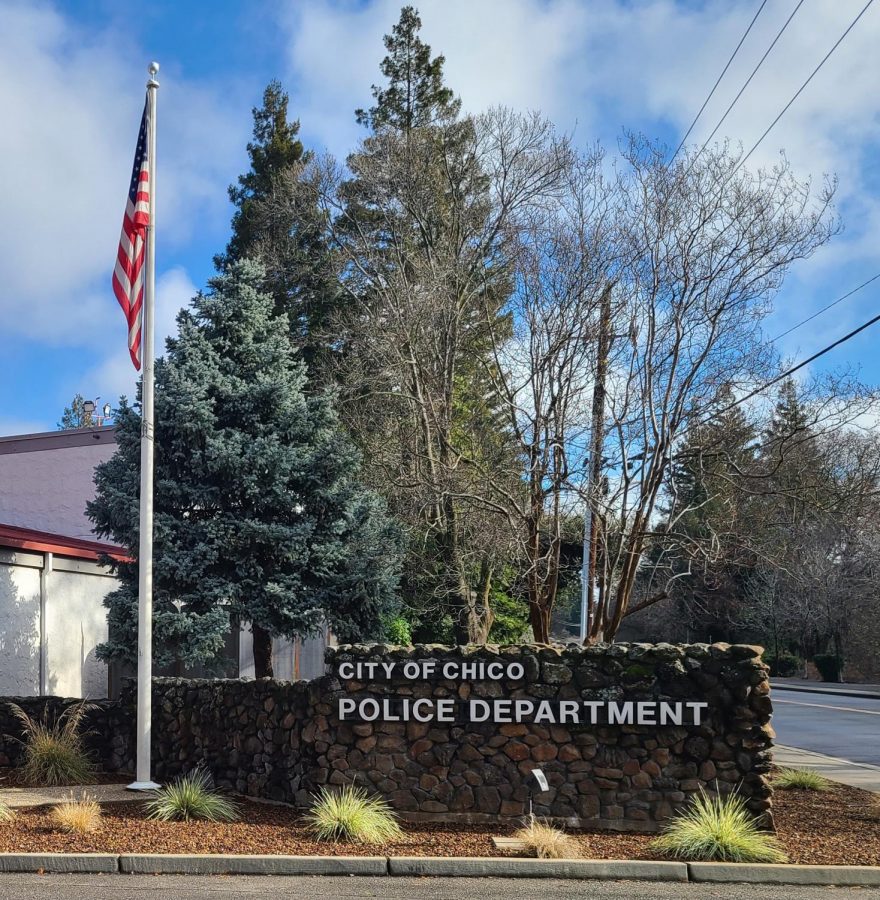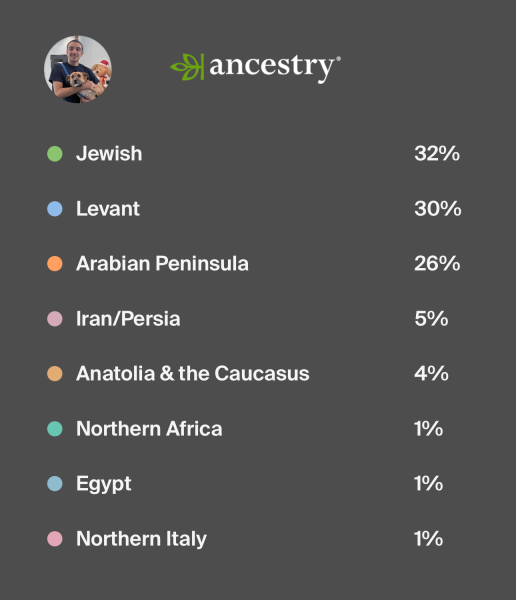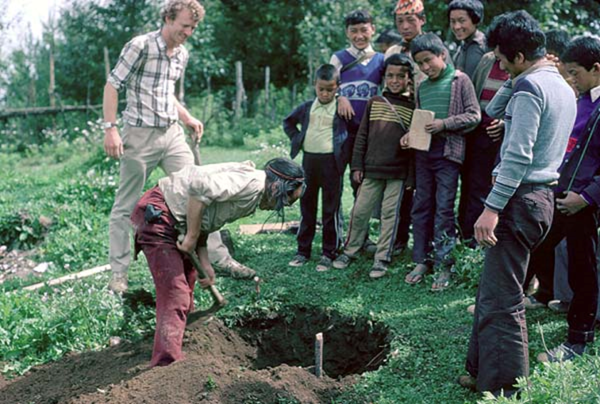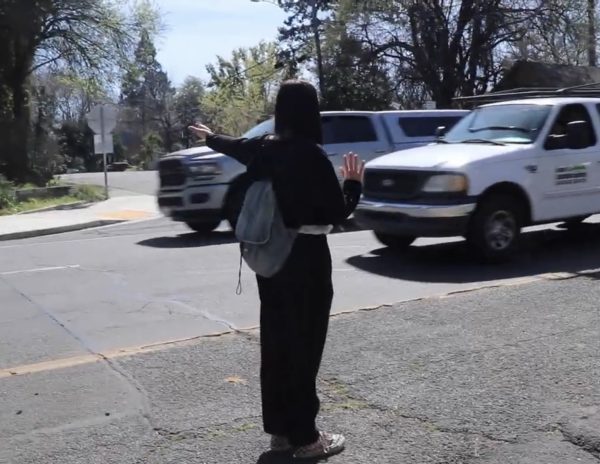Police training won’t solve America’s mental health crisis
Photograph taken by Shae Pastrana. Depicts the exterior of the City of Chico Police Department on Friday 12th, 2021.
In 2017, a Chico man, Desmond Phillips, died at the hands of police responding to a mental health crisis.
Concerned about his son’s symptoms, Phillips’ father called for paramedics. The situation escalated when police arrived and tasered Phillips, who was holding a sharp object. When Phillips did not stay down, officers fired 16 gunshots that ended his life.
A report from the Treatment Advocacy Center found that people with untreated mental illnesses are 16 times more likely to be killed by police. Criminalized illness results from poor de-escalation.
Some say law enforcement’s failures in crisis aversion can be resolved by improved training. The conversation of a reformed police force is now becoming more commonplace, but I believe police should not be responsible for roles outside their expertise. Crisis aversion should be left to the professionals with relevant degrees and rigorous training.
Our community’s headed in the wrong direction. Butte County Behavioral Health lost $4.7 million to last year’s budget cut by the County Board of Supervisors. However, responses by Behavioral Health’s Mobile Crisis Team increased during the pandemic.
The Mobile Crisis Team is a collaboration with the Chico Police Department that’s funded through the Mental Health Services Act. Senate Bill 82’s Crisis Triage Services “provides grant funds to improve access to and capacity for mental health crisis services.” The bill aims to reduce cycles of repeated criminal offense and mitigate unnecessary use of law enforcement.
The Mobile Crisis Team responds to law enforcement requests by arriving on scene to help with de-escalation. Behavioral Health Director Scott Kennelly stated that the team doesn’t go to insecure areas without police. Such places include welfare checks at homes.
The problem with police escort is its tendency to trigger trauma. Like aggressive force, trauma is also counterproductive to de-escalation.
Criticizing armed response to trauma, EMT and Oregon crisis counselor Daniel Felts said rapport is more successful without police presence. Felts works with CAHOOTS, a crisis aversion program by White Bird Clinic in Eugene, Oregon.
CAHOOTS is a primary responder for non-emergency dispatch. Unlike Chico’s Mobile Crisis Team, they don’t require police presence for welfare checks, unless weapons or other safety threats are mentioned. Mitigation of police calls build their success with jail and ER diversions. Crisis worker Ebony Morgan told NPR that police backup was called 150 times out of about 24,000 calls in 2019.
Felts hopes CAHOOTS can be a nationally recognized model of a branch that deals exclusively with crises. Paramedics respond to heart attacks and law enforcement officers respond to crimes. Unless a mental health crisis is illegal and not a health concern, it needs to be supported like other services.
We already have programs and qualified professionals. Police don’t need training for expertise outside of law enforcement. Instead of throwing more money at a failed response, why not give more to a system of experts trained to handle mental crises?
Normalization of mental illness supports crisis-management resources. I agree with Felts that trauma, which he described as “no less disabling than a physical ailment,” must be discussed with young people.
The “cultural shift” described by Felts would seize power from the shame that often prevents children from getting the help they need. Suicide risk assessment is crucial at every step. Every service provider assesses a crisis differently.
Less objective than physical health, mental health can be more complex. Community efforts support mental health resources by promoting awareness. You can support the improvement of mental health resources by attending the annual Mental Health Services Act Community and Stakeholder input process. Dates and details for Zoom meetings are listed on the website.
Shae Pastrana can be reached at [email protected] and @PastranaShae on Twitter.


















